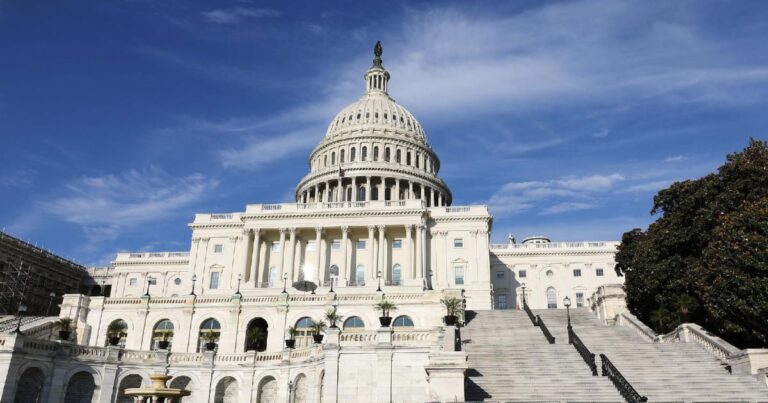The Kansas Chamber on Thursday joined with more than 1,300 associations and businesses representing manufacturers in signing a letter urging the U.S. Congress to pass pro-growth policies that would ensure the tax code supports the ability of businesses to create jobs in Kansas and across the nation.
The letter was sent to Congress by the National Association of Manufacturers, a group that advocates for U.S. manufacturers.
“The Kansas Chamber adamantly joins the call for a tax code that supports innovation and growth in the business community,” said Kansas Chamber President & CEO Alan Cobb. “Advancing this legislation would show Congress is serious about creating and protecting jobs and competing on the world stage.”
In the letter, the coalition writes:
“We, the undersigned businesses and trade associations, collectively employ millions of Americans in all sectors of the U.S. economy. As tax policy plays a critical role in the ability of businesses to thrive, create jobs in the U.S. and effectively compete in today’s global economy, we write to urge Congress to take immediate action to seamlessly extend three tax policies vital to workers and America’s future: immediate R&D expensing, a pro-growth interest deductibility standard and full expensing.
“Although legislation has been introduced in both chambers in support of these policies, Congress must act immediately to extend these competitive tax policies. Failing to do so will put hundreds of thousands of family-supporting jobs, cutting-edge innovation and pro-growth investments in America at risk.”
The following Kansas-based organizations also signed the letter:
- Ad Astra Apps
- American Council of Engineering Companies of Kansas
- Bombardier
- CodeCrafters USA Inc.
- Custom Rollforming Corporation
- Dropseed, LLC
- Genuen, LLC
- Kansas Farm Bureau
- Marion Die & Fixture
- Mentor Mentee
- PromoPulse LLC
- SMH Consultants, P.A.
- Spirit AeroSystems
- Taco Bell Franchise Management Advisory Council
- The Bradbury Co., Inc.
Ensuring the tax code supports innovation: The private sector accounts for more than 75% of total research and development spending, with small businesses alone accounting for approximately $90 billion of all private-sector R&D investments. With wages and salaries comprising approximately 75% of R&D spending, the R&D amortization requirement is first and foremost a jobs issue, with R&D jobs paying an average wage of more than $155,000. Moreover, for every $1 billion in R&D spending, 17,000 jobs are supported.
Enabling businesses to finance growth: Prior to Jan. 1, 2022, businesses’ interest expense deductions were limited by section 163(j) to 30% of their earnings before interest, tax, depreciation and amortization. Interest deductions are now limited to 30% of earnings before interest and tax. By excluding depreciation and amortization, the stricter EBIT standard acts as a tax on investment, making it more expensive for capital-intensive companies throughout the supply chain to finance job-creating growth.
Making permanent a key incentive for capital equipment purchases: A 100% deduction for the purchase of equipment and machinery in the tax year purchased was in place from 2017 through 2022. Congress enacted full expensing to spur investments and ensure that the U.S. is well-positioned to attract capital in a competitive global marketplace. However, full expensing began to phase out at the beginning of 2023 and will be eliminated completely by 2027.
Click here to view the letter and the full list of signers.



